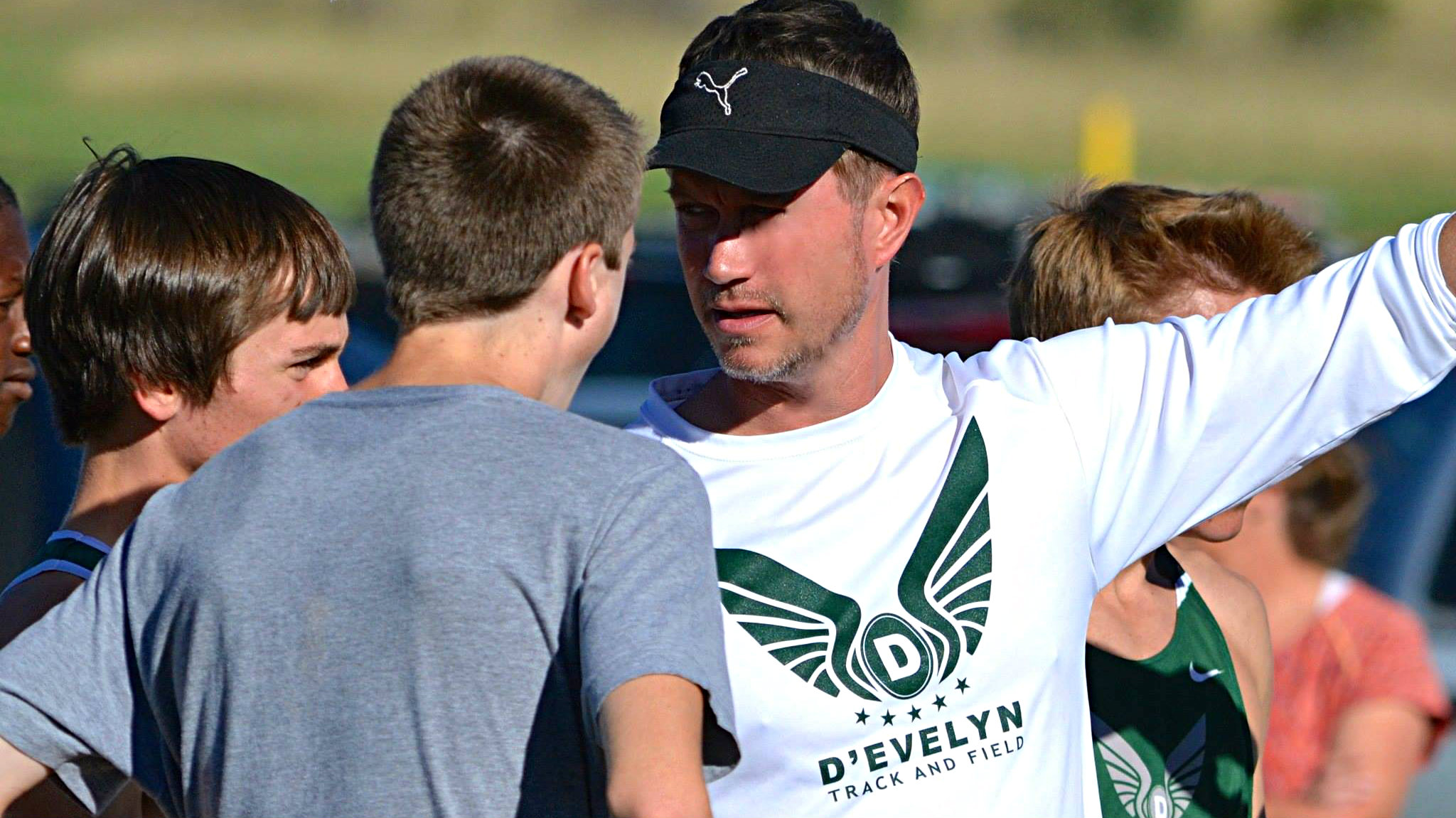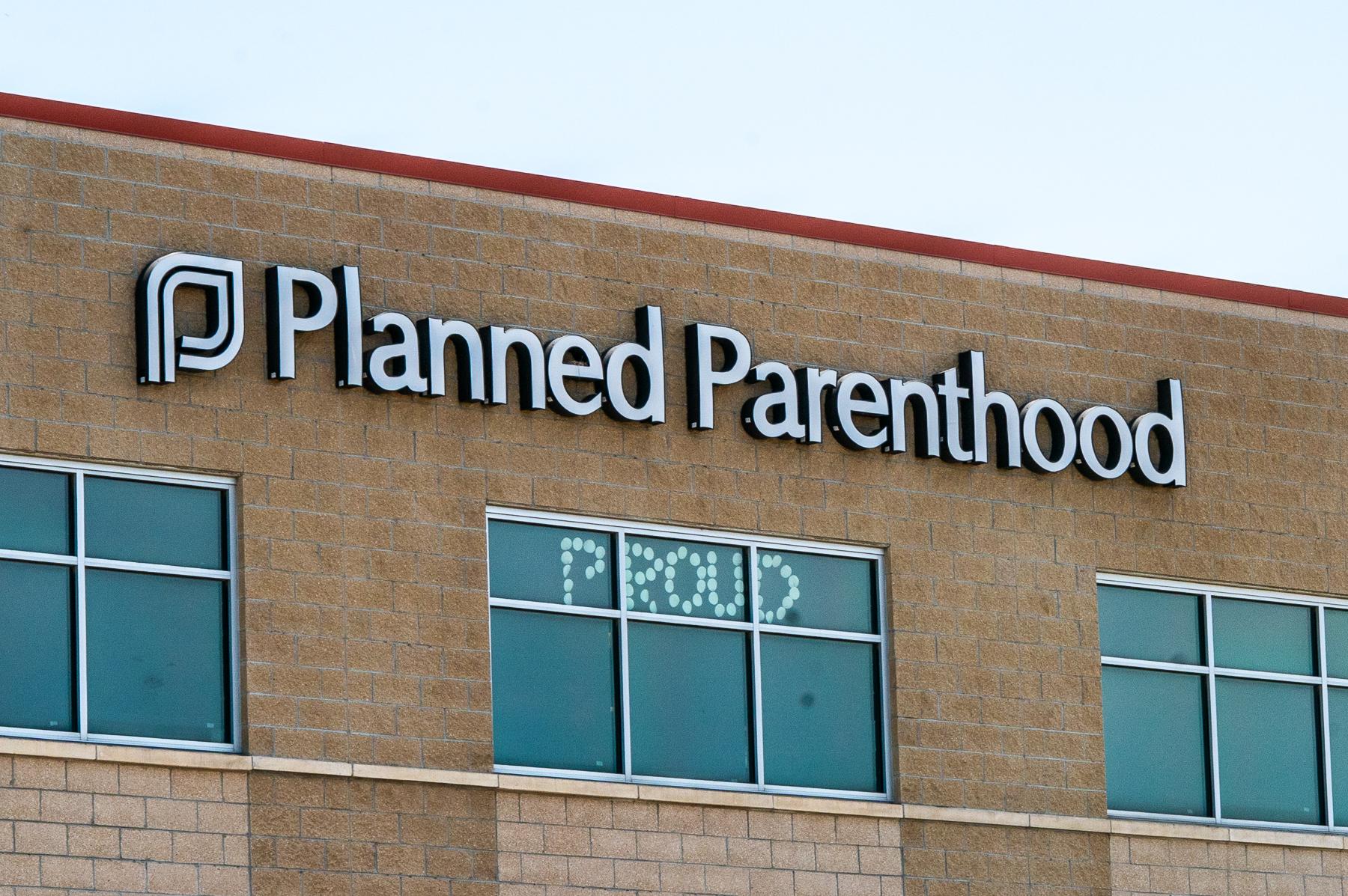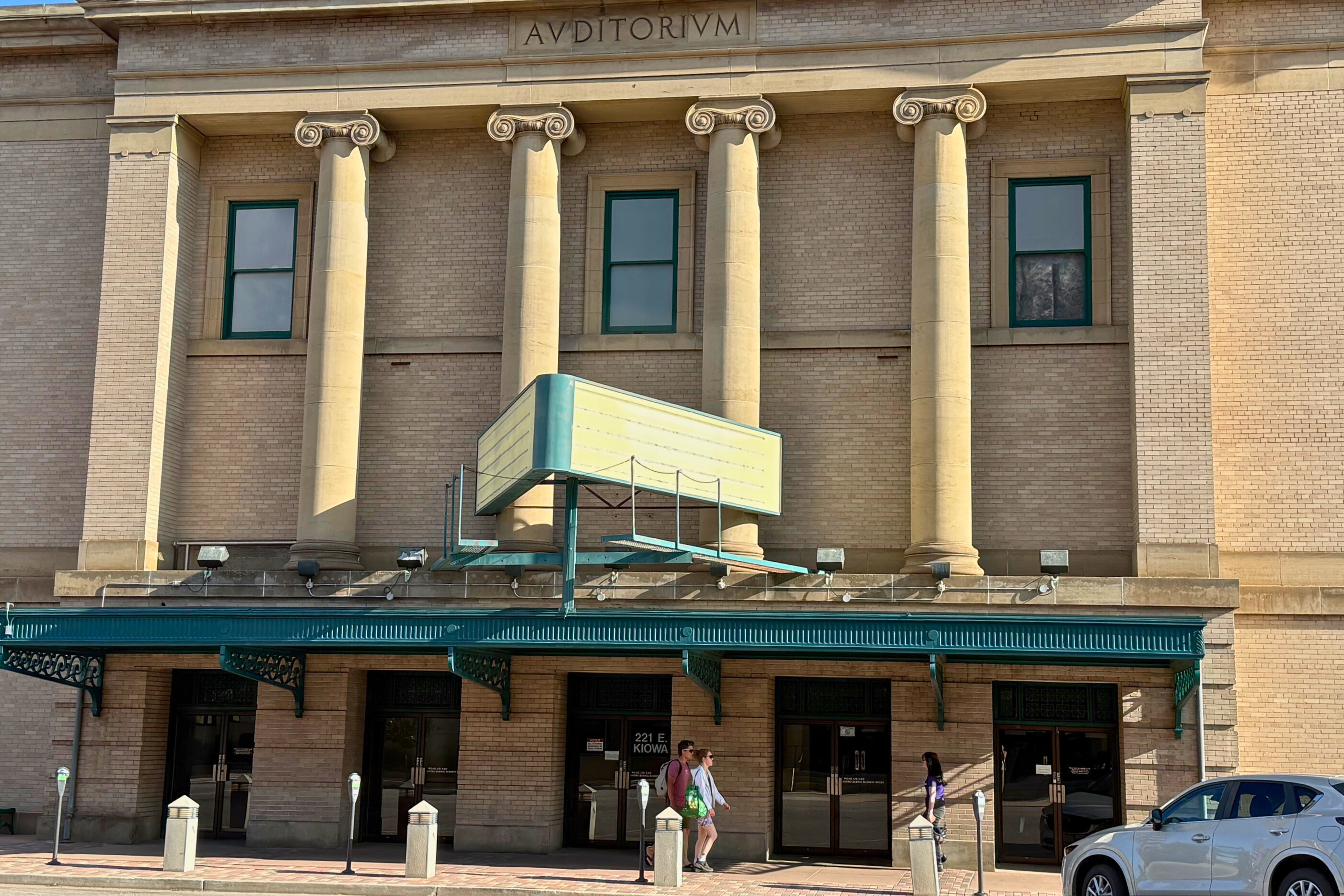
For the first time, high profile athletes have started to come out as gay over the past year, including Jason Collins of the Brooklyn Nets and Michael Sam, who's likely to become the first openly-gay NFL player after this April's league draft.
And as the barriers begin to come down, gay athletes have help from an organization founded in Denver that's trying to end homophobia in sports. The three founders started You Can Play two years ago following an event at the University of Denver during which they saw how gay athletes struggled to find acceptance. Those founders saw an opportunity for change.
"We decided that with our contacts...that we could probably put together a list of allies who would stand up on behalf of gay and lesbian athletes," founder Brian Kitts says.
Kitts worked with the National Basketball Association and the Colorado Avalanche in the past. The other two founders are Glenn Witman, who started an elite hockey team for gay players, and Patrick Burke, a former NHL scout who is now the league's director of player safety.
The world of professional and amateur sports is one of the last frontiers for gay people to find acceptance and equality in the U.S. From common slurs to outright homophobia – see the recent Ricky Incognito investigation or Kobe Bryant's outburst a few years ago – the sports world has been slow to catch up to the rest of the entertainment industry in treating gay people with respect.
But that might be changing, in part thanks to You Can Play, which helped Michael Sam come out a few weeks ago. Sam played football at the University of Missouri and is expected to be picked in the NFL draft.
"Michael had been at a You Can Play presentation at Missouri," Kitts says. “And when the presentation was over, it sort of resonated with him, and he went to his coaches and said, 'I can play.' That was the code he used with his coaches to let them know he was gay.”
Players aren't the only ones in sports who struggle with being openly gay – so do coaches.
Micah Porter, a social studies teacher and running coach at D’Evelyn Junior & Senior High School in Lakewood, Colo., knows that first hand. Porter came out publicly in September 2013.
"My initial feelings were that it was going to be just a private experience," Porter says. “But being at the school for almost two decades and developing relationships with many families and hearing the rumors – I felt there was a need.”
Porter says athletes asked him if he was gay and saw students talking about his sexuality on Facebook. He says the rumors were a distraction from his teaching and coaching.
When the Denver Post wrote about his coming out, Porter says he got a lot of negative feedback from Post readers, which he eventually stopped reading. But he says the school community has embraced him for the most part, and several students and athletes have since come to talk to him about their own sexuality.
"Many of them want to maintain their privacy; I'm the first adult they've shared it with, or they're afraid of the reaction from their friends," Porter says.
"As a coach you're often more of a counselor than a coach," Porter says. "You develop a level of trust with each other...and that has shifted [to be] an additional role for me, to help students who are questioning."
But Porter has run into some challenges. He says the administration at D'Evelyn has advised him to stay out of the boys' locker room.
"So I change in the staff bathroom," Porter says.
He adds that Athletic Director Jerry McWhorter was concerned first and foremost about protecting Porter.
"He's been supportive of me through this every step of the way; he was concerned about me being in the locker room and other students or parents being uncomfortable with my presence there," Porter says.
"At some level, I guess rationally, I can understand that,” Porter says. “But at some level, it suggests that I am going to do something inappropriate.”
CPR contacted the Jefferson County Schools, which includes D'Evelyn, about Porter steering clear of the boys’ locker room. A spokesperson directed us to McWhorter's comments published in OutSports.
McWhorter told OutSports the decision wasn’t due to any concern about Porter’s behavior. Rather, he said, the rule was created to protect Porter from any accusations by parents or students.
Kitts says he doesn't believe the locker room should be a problematic place for gay athletes, particularly at the professional and college levels.
“We are starting to lose patience, frankly, with the whole locker room discussion," Kitts says. "You know, you’re a 300-pound linebacker and suddenly you’re afraid that there’s a gay guy that might hit on you.”
Kitts says You Can Play is working with at least one athlete in each professional sports league in the U.S. to create a positive environment for gay athletes. Many participants have made videos with the core message that all athletes should care about is whether someone has the skills to play – rather than the player's sexual orientation.
In Colorado, Gabe Landeskog of the Colorado Avalanche made a video with students from Regis Jesuit High School in Aurora and Mountain Vista High School in Highlands Ranch. And Kenneth Faried, Randy Foye and Quincy Miller of the Denver Nuggets made a video with students from Denver's East High School.
Since he came out, Porter has been working with You Can Play on a curriculum to help high school administrators, teachers and coaches support gay athletes. Porter says You Can Play has been a "safety net" for him. He says, "It seemed to be a blessing that two of the founders were here in Denver." Porter adds that the support You Can Play has provided to athletes is "immeasurable."
As Porter's own story shows, some gay athletes don't face outright homophobia but they do experience discomfort from people in the community or even teammates. Ultimately, Kitts says teammates and people around an athlete who's coming out need to ask lots of questions.
"That's the only way we as humans get to understand each other," Kitts says.
Kitts believes that within a few years the sports world will be more like the entertainment industry, where someone coming out doesn't grab big headlines anymore.
"We hope that the way things are moving, that we'll be out of business in five or six years," Kitts says.
Correction: An earlier version of this story misspelled the name of Glenn Witman, co-founder of You Can Play. It's been corrected.









